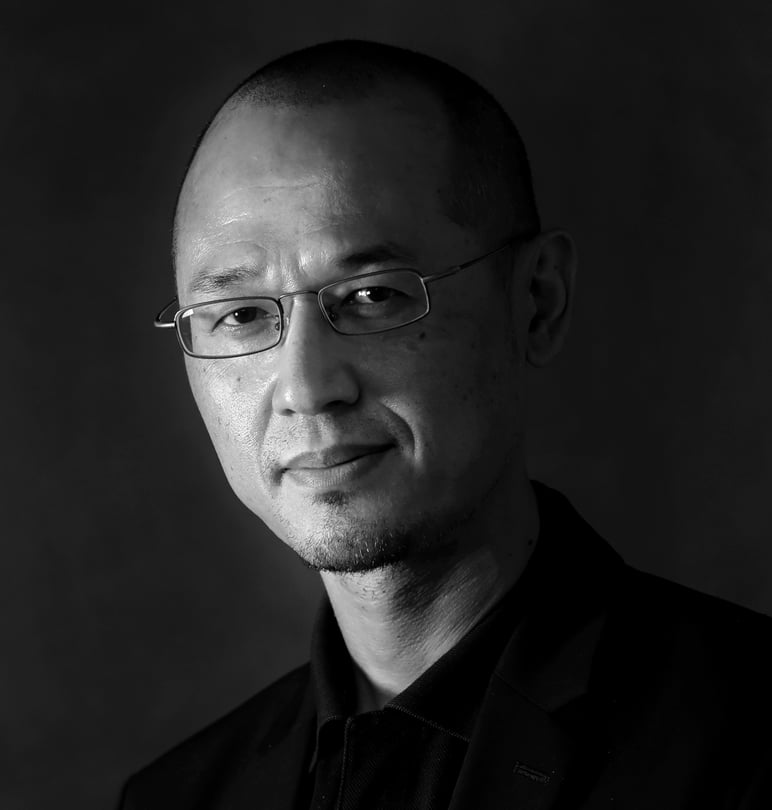
Never mind not feeding the trolls – here’s a feast for SCMP readers
- The general consensus is that internet bullies are sad specimens of humanity who get sadistic satisfaction from causing pain to others
- Those who lurk in the South China Morning Post’s comment sections are a particularly odious breed, resistant to logic as well as efforts to ban them
“Trolls don’t hate you. They hate themselves,” British comedian and master troll-baiter Ricky Gervais postulates in one of his trademark Twitter posts. “They’re in pain, and you getting upset is like their morphine. Don’t administer. Enjoy the screams.”
It’s a tempting thought when dealing with some of the rather unsavoury characters who besiege the South China Morning Post website with obscene, abusive, racist, sexist, homophobic, threatening and defamatory comments day after day.
Of course, it goes without saying that we have no dearth of well-informed readers who add value to debates with eloquent and intelligent arguments. But I’m talking about those who blitz our forums with vile personal attacks against just about everyone and everything, reducing civilised discourse to expletive-laden, hate-ridden, name-calling rants.
Inside the troll factory: meet the former Russian internet agitators who say Mueller’s indictments are on target
I write a personal column once a week that is obviously neither the editorial stance of this newspaper nor official government policy, but it might as well be for some readers, judging by how they respond. Their feedback can be so viciously unhinged that I should be a traumatised, quivering heap of jelly under their assaults, were it not for the thick skin I’ve developed and sticks-and-stones philosophy I’ve adopted over all these years in the journalism business.
Water off my duck back, maybe, but the problem remains – our forums are often reduced to cesspools of hate speech by some truly unstable types among the many readers of the Post.
I recently went through page after page of deleted comments, looking for particularly illustrative examples I could share for this article, and ended up requiring a shower instead. They were that repugnant and unprintable.
My colleagues tasked with moderating our comment sections and banning the worst offenders have kept meticulous records, and can share some astonishing anecdotes about the lengths to which readers are prepared to go to fight the ban hammer every time they cross the line.
One reader, for example, was operating as a one-man gang to post nasty comments against domestic helpers in particular, using more than a dozen accounts simultaneously to give the impression that he and his imaginary fellow bigots were legion.
Another reader they suspended for using multiple accounts to post abusive messages made up an elaborate excuse about how he and his wife shared accounts. Citing rather flawed logic, he complained that banning “her” was an invasion of their privacy and even pretended to be the wife in the email exchanges that followed.
The digital gatekeepers at the Post are perennially busy deleting offensive comments and shutting out the trolls, only to see them instantly re-register under different usernames or email addresses. Such is their passion for trolling that they are prepared to sign up over and over again, ad infinitum.
“This writer is rubbish,” they like to say, or “This newspaper is dead”, yet feel compelled to click on every article by the same terrible writer and ramp up this deceased newspaper’s page views.
Who are these people?
There isn’t much out there in terms of scientific research, but the general consensus among those who have studied the phenomenon is that trolls and internet bullies are sad specimens of humanity, driven by the need for attention, acknowledgement, excitement, and sadistic satisfaction from causing pain to others.
Their biggest enabler is the so-called online disinhibition effect, which arms them with the assurance that because they don’t have to deal with the social consequences of being face to face with the targets of their animosity, they can say what they want in cyberspace as long as they remain anonymous.
So we’re essentially talking about cowards.
Australian researchers have found that men are more likely to be trolls than women, driven by a higher propensity for psychopathy and sadism. Their studies indicate that trolls may actually have higher levels of cognitive empathy (the ability to understand the emotions of the people they want to upset), but precious little affective empathy (the ability to feel those emotions personally to understand the impact of their trolling).
Oh yes, the research also suggests trolls tend to have poor social skills, so no surprises there.
One of my gatekeeping colleagues, who has alerted me to media reports of moderators developing post-traumatic stress disorder, has a personal theory that may not be far off the mark: “These are the kids you knew back in school who got their cheap thrills by drawing dirty pictures on the toilet walls and running away. Now they’re all grown up and this is the manifestation of their social ineptitude and insecurities.”
Vibrators to Hindu twitter trolls, Indian film star Swara Bhasker not afraid of shaking things up
So how do you deal with them? Ignoring them on a personal level – and even appreciating their regular contribution to the all-important clicks that seem to define the worth of an article in this digital age of metrics-driven journalism – is one thing, but allowing them to carry on polluting our forums with a whack-a-mole approach to gatekeeping is another.
An obvious solution, for a start, would be to tackle the online disinhibition effect by requiring readers who want to post comments to register as users through their social media accounts. That would allow the world to see who they are and where they’re coming from. Then again, this is what a reader using his Facebook profile posted in response to my Lunar New Year message against racism: “I feel like pouring acids onto your face [sic].” Just the day before, the same seemingly unbalanced reader was sharing a video of a cute little puppy dog eating cookies, so go figure.

One of our moderators, who has had his finger in the dyke for years to hold back the deluge of trolls, considers them a necessary evil, like bacteria. He is prone to quoting Fahrenheit 451 – “Soon enough it was decided that the best way to prevent people from being upset was to get rid of all the books” – to argue against the option of turning off comments altogether, as many major news organisations have done. He suggests appealing to readers’ better nature and educating non-journalists on the algebra of online moderation by using a bartending analogy.
“The bartender looks out at the paying customers on the other side of the bar, he or she provides them access to drinks, they provide money which pays his or her wage, and the owner provides the space for people to do this in,” he explains.
“However if someone chooses to stand at the bar and insult everyone else in the room, the following will happen: people will think this is not their kind of place; people will think the bartender doesn’t care about what kind of clientele comes here; people will leave; people will not come back; the bartender will no longer have any clientele.”
What a lovely thought, “educating” people, but don’t forget these are customers who keep slipping back into the bar to misbehave, in one disguise after another. As Gervais puts it, “[Online hate is] like going into a town square, seeing a big noticeboard saying ‘guitar lessons’, and you go, ‘But I don’t [expletive] want guitar lessons!’ What’s this? There’s a number here. Right, call that. ‘Are you giving guitar lessons? I don’t [expletive] want any!’ Fine! It’s not for you, then. Just walk away. Don’t worry about it.”
Exactly. By the way, I’ve made a conscious decision to leave the “enable comments” button switched on for this article. Watch this space while I pre-emptively rest my case and our moderators head once more unto the breach. ■
Yonden Lhatoo is the Chief News Editor at the South China Morning Post. He is a former television news anchor and veteran broadcast journalist

